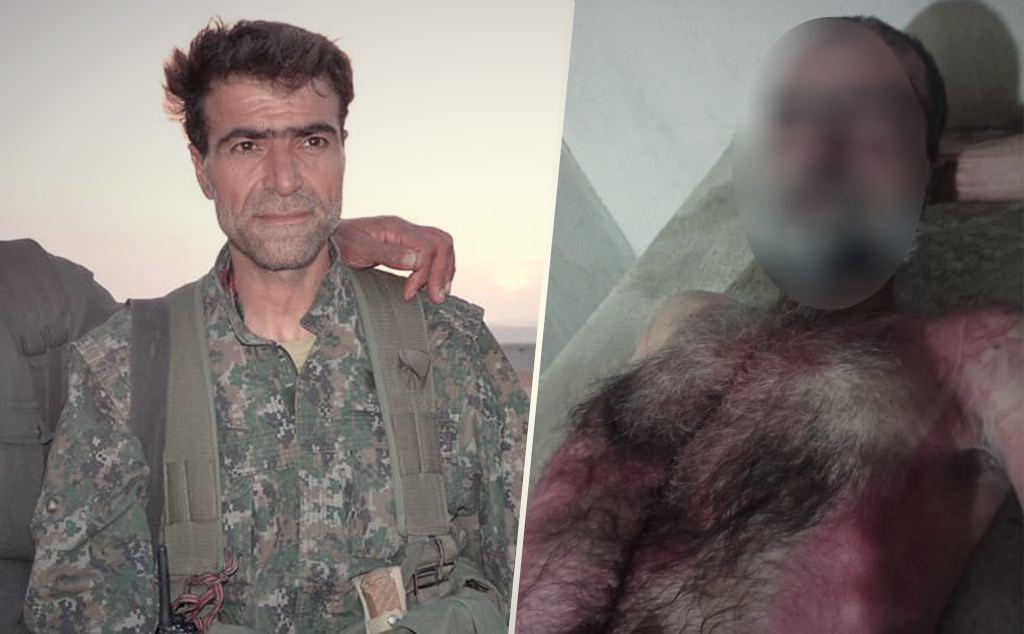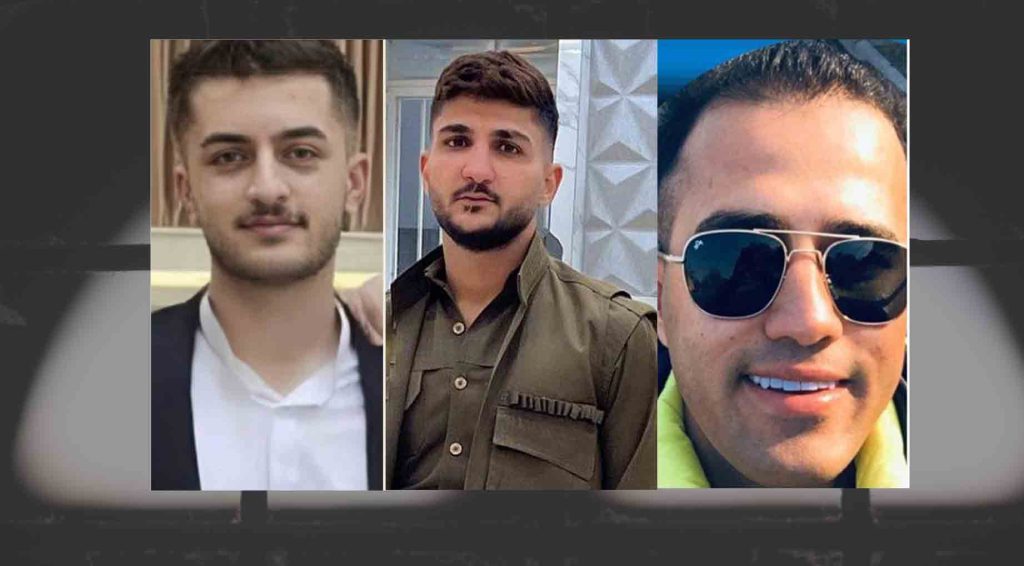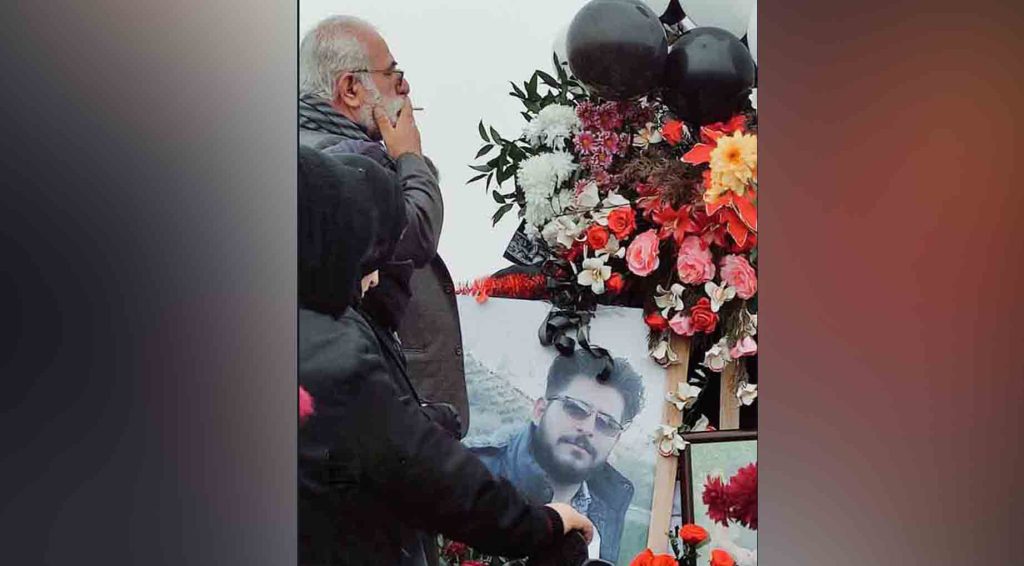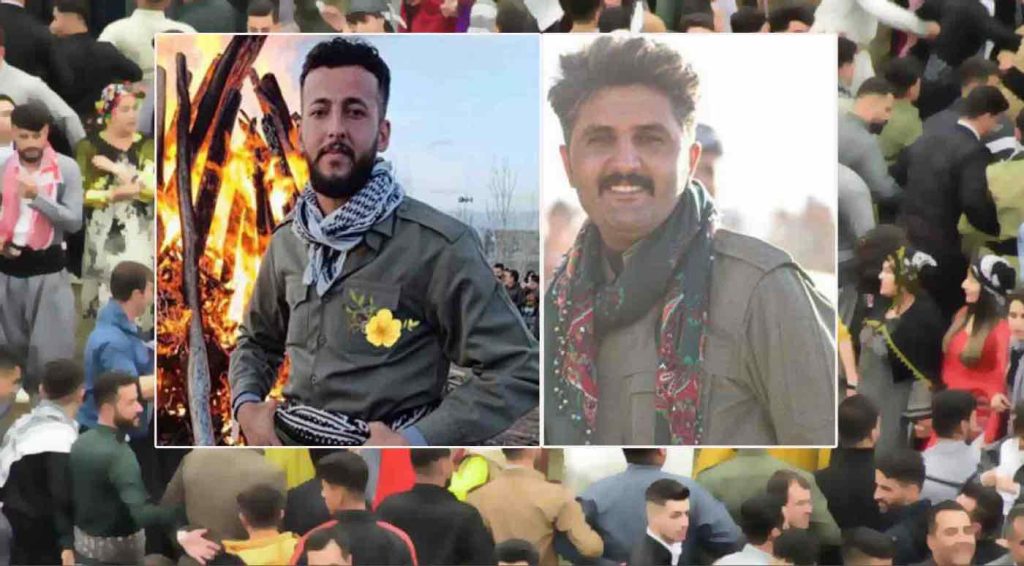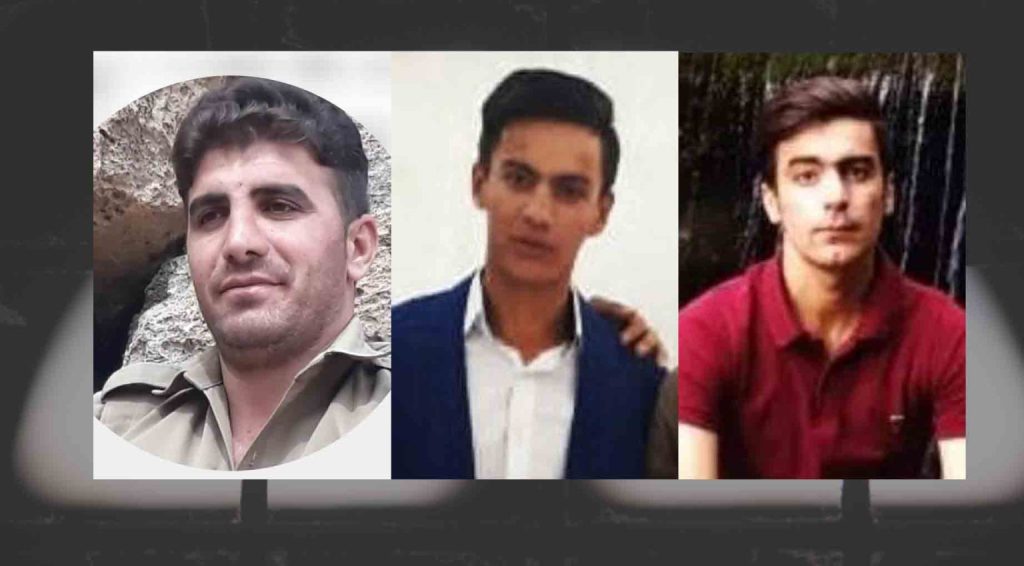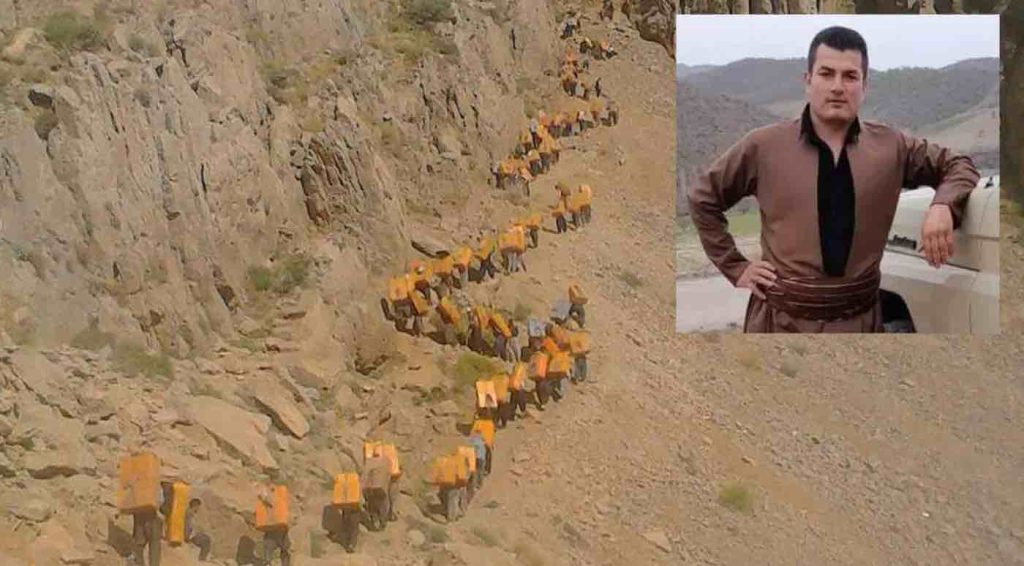The body of an Iranian Kurdish political activist named Ahmad Bigham has been found dead at his house in Erbil, Kurdistan Region of Iraq, on 1 January.
Bigham’s relatives consider his death “suspicious” due to the signs of torture on his body.
Erbil police have not yet made an official statement on the matter. The autopsy results will be announced in the next 20 days.
In an interview with the Kurdistan Human Rights Network (KHRN), a relative of the Kurdish political activist said: “Ahmad Bigham has been working as a construction worker in Erbil in recent years. His family and friends could not reach him after he finished work and returned home on Thursday, 30 December [2021]. On Saturday, after he did not go to work and did not answer the phone calls of his friends and family, one of his co-workers went to his house and found his lifeless body.”
The relative added: “After we informed the Erbil city police, Ahmad Bigham’s body was taken to the department of forensic medicine for an autopsy. The next day it was handed over to his relatives for burial in Qaladzeh, Sulaimaniyah province [of the Kurdistan Region]. The forensic department should announce the cause of death within 20 days, but signs of torture are seen on his body in the photos taken by Ahmad’s relatives while washing his body.”
One week earlier, Bigham told a friend that he was being chased by a suspicious car.
“He told me that for two days he had been chased by a white car after finishing his work at the construction site”, Bigham’s friend told the KHRN.
Bigham, from Iran’s northwestern Sardasht in West Azerbaijan province, was arrested in October 2003 for participating in a protest rally and was convicted in court.
He spent about five years in Sardasht and Mahabad prisons in West Azerbaijan province.
Before his last arrest, Iranian security forces had detained him several times on other occasions.
In 2011, the political activist was forced to leave Iran due to pressure from security agencies. He resided as a political asylum seeker in the Kurdistan Region of Iraq.
In 2014, he joined the Kurdish-led People’s Defence Units (YPG) in Syria for a year during the Kobane war. He then returned to Erbil after being wounded in the war and worked as a construction worker after recovering.
According to statistics compiled by the KHRN, in 2020, at least four political activists and members of the Kurdistan Free Life Party (PJAK) and the Democratic Party of Iranian Kurdistan (KDPI) named Mehdi Rezaei (known as Zagros Mani), Ako Fathi (Shawgar Chia), Behrouz (Rebin) Rahimi, and Musa Babakhani were assassinated by the cross-border forces of the Islamic Republic of Iran in the cities of Penjwin, Sulaimaniyah, and Erbil in the Kurdistan Region of Iraq.

